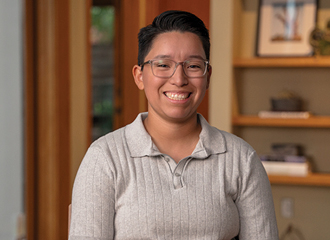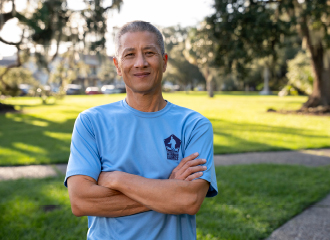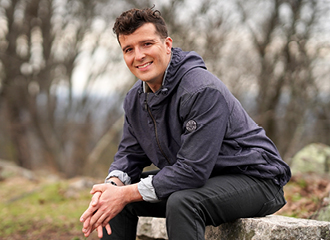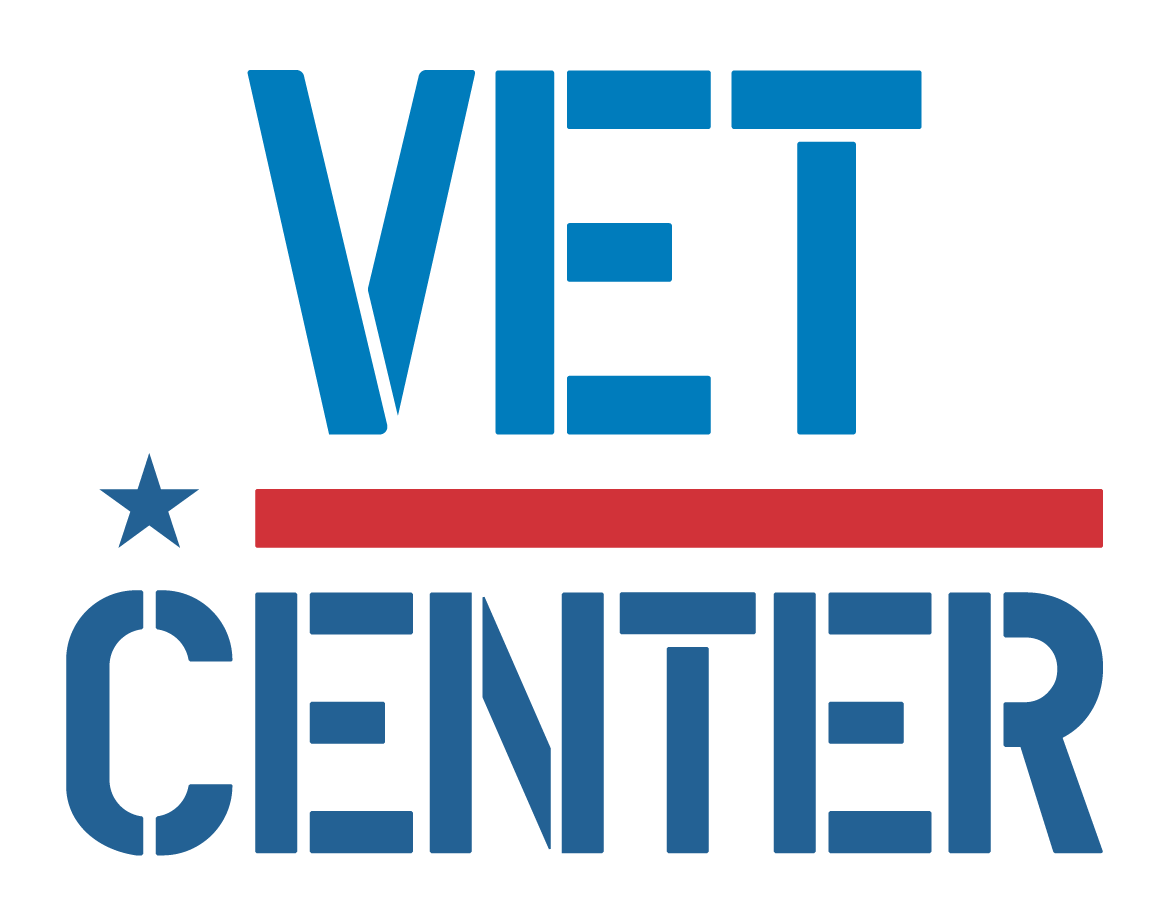A wide variety of symptoms may be signs of an anxiety disorder, some of which may be physical:
- Pounding or racing heart
- Sweating
- Cold, clammy hands
- Feeling jumpy or restless
- Trembling, twitching, or shaking
- Having a hard time catching your breath
- Feeling a fullness in the throat or chest
- Feeling dizzy or lightheaded
- Having stomachaches or nausea
- Having trouble falling asleep or getting a good night’s rest
You might also have symptoms that impact your emotions, thoughts, or behavior, such as these:
- Feeling restless
- Feeling on edge or keyed up
- Being angry or irritable
- Worrying a lot about everyday decisions
- Fearing that something bad is going to happen
- Becoming easily distracted
- Having difficulty concentrating
- Feeling like your mind goes blank
- Finding it hard to do your work or normal activities
- Focusing on what isn't going well or what could go wrong
- Frequently avoiding certain places or things
- Drinking or using drugs to numb your feelings
There are a number of effective treatments for anxiety disorders that can help you cope with these symptoms and greatly improve your quality of life. Many Veterans have found effective ways to deal with their feelings of anxiety.
Treatments for anxiety can involve counseling, medication, or a combination of the two. Counseling can help you learn new ways of thinking, practice positive behaviors, and take active steps to move beyond your symptoms. Medications work in different ways to affect the chemicals in your brain that may be associated with anxiety.
“My anxiety didn’t go away overnight, but it certainly got easier for me to deal with as I continued my treatment.”
Anxiety disorders often occur along with other mental or physical conditions, including depression or alcohol or drug problems, which may mask anxiety symptoms or make them worse. In some cases, it will be important to treat other problems in order to get the full benefits of treatment for anxiety. You may need to work with your doctor or counselor and try different types of treatment before finding the best one for your symptoms.
In addition to getting treatment, you can adjust your lifestyle to help relieve anxiety symptoms. Try to work these into your daily routine:
- Walk, jog, or work out. Physical activity can improve your mood and help you sleep better.
- Eat healthy meals regularly. Good nutrition helps your body and your mind.
- Sleep well. Getting enough quality sleep can help you feel better during the day.
- Practice relaxation techniques. A shower, deep breathing exercises, or time in a quiet place to collect your thoughts can help relieve stress and make you feel more at ease.
- Get involved. Volunteer, join a club, or take up a hobby to share your strengths and wisdom with others.
Your family and close friends may be the first to notice that you’re having a tough time. Turn to them when you are ready to talk. It can be helpful to share what you’re experiencing, and they may be able to provide support and help you find treatment that is right for you. The sooner you seek help, the sooner you will begin to feel better.
“Sometimes the worst thing was not knowing if my anxiety was normal, or something that I should get treatment for. I used an online tool to find out and it helped a lot.”
You can also explore in-depth information and hear from Veterans and other members of the military who have dealt with anxiety.
Every day, Veterans from all military service branches and eras connect with proven resources and effective treatments. Here’s how to take the next step: the one that’s right for you.
New to VA? Apply for health care benefits.
- Getting started is simple. Create a free account online to help ease your enrollment process. To prepare to apply for VA health care in person, by telephone, or by mail, explore VA’s “How to Apply for VA Health Care” page.
- Not sure whether you are eligible for VA health care benefits? Read about eligibility for VA health care.
- Unsure of what kind of help you need? Call 877-222-VETS (877-222-8387) to find the right resources to meet your needs, Monday through Friday, 8:00 a.m. to 8:00 p.m. ET. If you have hearing loss, call TTY: 800-877-8339.
- Veterans’ family members and caregivers can see whether they qualify for VA medical benefits as a spouse, surviving spouse, dependent child, or caregiver. Explore family and caregiver health benefits.
Already enrolled in VA and interested in mental health support? Schedule a mental health appointment.
- If you’re already enrolled in and using VA health care, the fastest way to schedule VA appointments is to call the VA facility where you want to receive care.
- With VA appointments tools, you can schedule some VA health care appointments online, view details about upcoming appointments, and organize your health care calendar.
- If you’re not using VA medical services, contact your nearest VA medical center or Vet Center to talk about your needs.
What about other options at VA? VA offers a variety of tools and resources.
- The Veteran Training online self-help portal includes modules on managing anger, developing parenting and problem-solving skills, and more.
- Mental health apps for Veterans cover a variety of topics, ranging from PTSD to anger management to quitting smoking.
- VA TeleMental Health connects you with a VA mental health provider through a computer or mobile device in your home or at your nearest VA health facility. You can learn more about this option from your local VA medical center.
- Community-based Vet Centers provide confidential counseling, community engagement and referral services to eligible individuals and their families. You don’t need to be enrolled in VA healthcare or have a service connection to receive services. Find a Vet Center near you or call 877-927-8387, 24/7 to talk with a fellow Veteran about your experiences.
- VA residential rehabilitation treatment, sometimes referred to as inpatient residential or domiciliary care, provides comprehensive treatment and rehabilitation services to Veterans with mental health conditions like PTSD, depression, and substance use disorder.
What about support outside of VA?
FindTreatment.gov and the National Resource Directory list programs outside of VA. Use these tools to find resources near you.
Learn more about what you can do if you are experiencing specific concerns related to anxiety, such as feeling on edge, social withdrawal and isolation, trouble sleeping, relationship problems, preparing for deployment, and posttraumatic stress.











